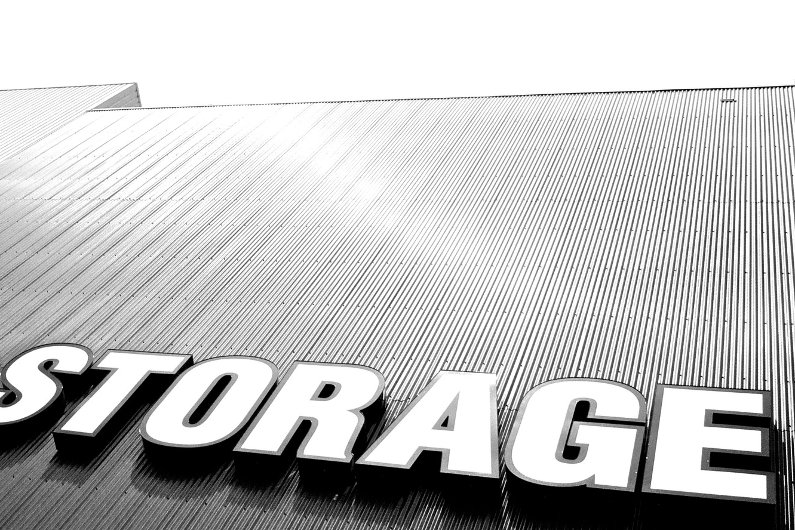You could be forgiven for thinking that storage is storage and there’s no more to it. For business owners, this is far from the truth. Storage must be specific and fit for purpose, otherwise it can create unseen dangers and unnecessary expenses.

Here are four common business storage mistakes:
Mistake 1 — Total Reliance on Cloud Storage
Cloud storage for business is a godsend, letting you put everything in one place, making your docs and databases available to all your staff, plus automatic syncing that keeps you up to date without effort.
The danger lies in putting all your eggs on one basket. No matter how sturdy that basket, if anything happens to it your eggs are scrambled. Think it couldn’t happen? Here’s a story from a couple of years ago concerning the accidental deletion of a Flickr account by Yahoo. If it can happen once, it can happen again.
We’re not saying give up Cloud storage. Proper use brings incredible new efficiency to daily business practices. But you should also have separate backups of important data alongside what’s in your cloud account. Use hard drives, flash drives, paper copies, whatever you need, and keep those backups in a separate location.
Mistake 2 — Keeping Important Records Onsite
If you have filing cabinets full of information that goes back several years, you’re not maximising your security. Suppose there was a fire, or a break-in? Could you recover the information easily or would it be gone forever? Best practice advice advocates storing vital documents, like your tax records for instance, in a remote location away from your main place of business.
Self storage is ideal for this. It’s secure, dry, easily accessible from most town locations, and relatively cheap. It’s also versatile when it comes to space needs since you can hire large lockers rather than entire rooms if your remote storage needs are modest.
Mistake 3 — ECommerce Storage Headaches
Are you running a small mail order business – either from home or from a rented office? How do you deal with stock storage, deliveries, packing needs and dispatching requirements. Many such business owners get this aspect all wrong, creating muddles through lack of space, or disorganisation that wastes time.
Again, self storage can answer the stock dilemma. Did you know that some facilities welcome business users? Or that lots of mail order businesses use rented storage rooms for packing and dispatching as well as storage?
An added bonus is that some companies will also offer courier services along with such things as photocopying, scanning or faxing. If these would be handy, remember to ask before signing a contract.
Mistake 4 — Making Do With Unsuitable Storage
In business, any old storage often won’t do, but many make the mistake of thinking that if a facility is secure and they can get to it easily, that’s good enough. Other things business owners should consider when choosing storage include:
- Access – can delivery vans or lorries pull up close enough to make unloading easy?
- Hazards – Kerbs, steps, uneven pathways, small doorways or steep roads can all make the job of loading and unloading difficult at best and dangerous at worst.
- Inadequate shelving – storage that’s too high, too low, not strong enough or in awkward corners and spaces can cause topple or trip hazards.
Avoiding these common storage mistakes is easy enough when you know what you’re looking for. Before you commit to any business storage, from your own garage to remote secure sites, make sure it fits your needs in relation to the type of stock or inventory you’re storing.
